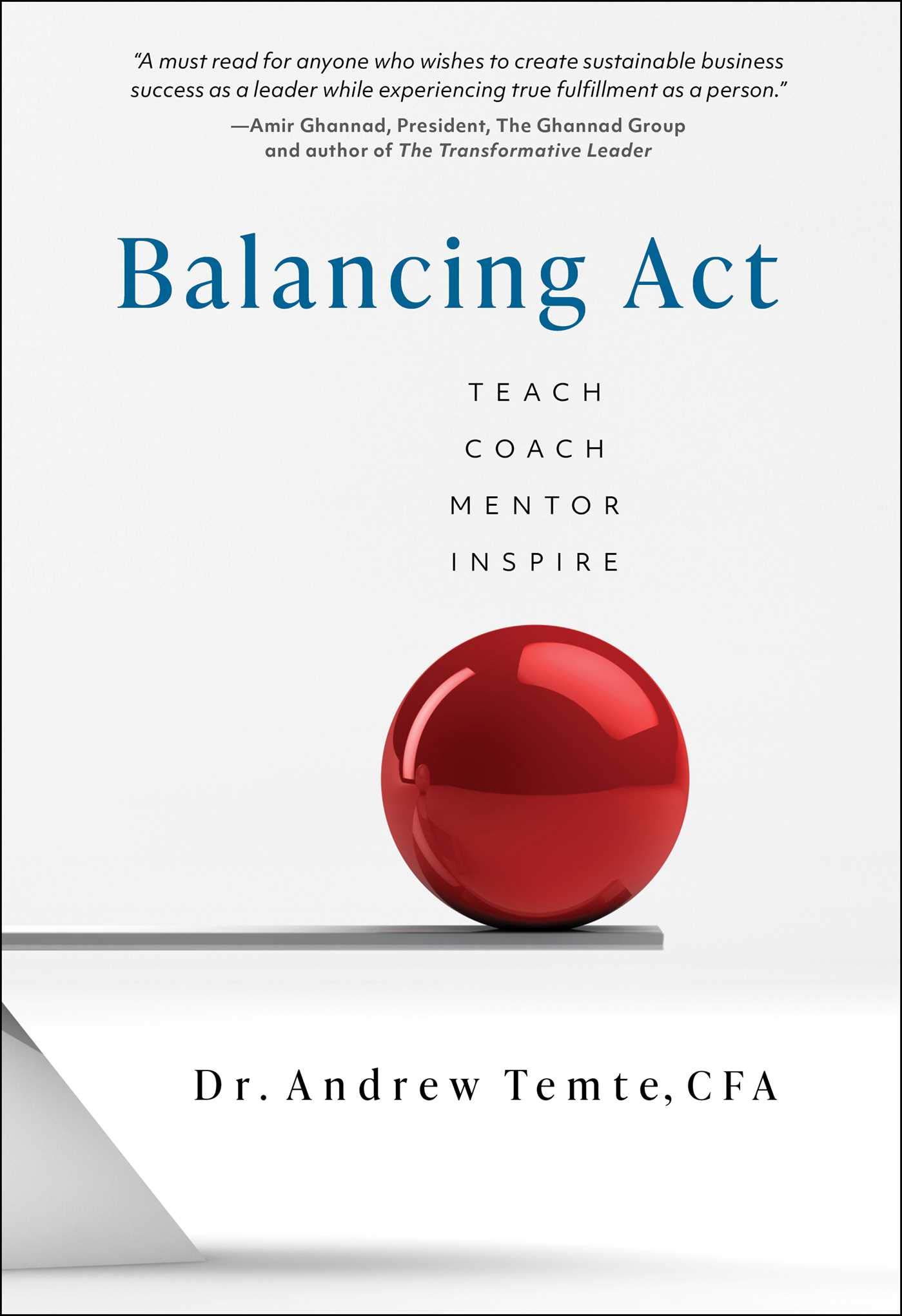I’ve already shared the six words that I live by, but since late 2008, I’ve relied on three more to help shape my interactions with strangers, friends, colleagues, clients, and family members. Those words are grace, dignity, and compassion. They served me well as we navigated the turbulent waters of the Great Recession and are proving to be particularly important during the current state of social unrest and economic upheaval.
I’d like to take a few moments to explain why these words are so important to me, and ask that we all adopt a similar construct to tamp down the seemingly meteoric rise in divisive, demeaning, polarizing, and, in some cases, dehumanizing language we routinely see deployed in our society.
I fear that we are becoming anesthetized to what would be considered vicious, uncivil, unacceptable, and unproductive discourse to a prudent observer.
Grace: “The quality or state of being considerate or thoughtful.”[1]
This definition is clear and needs no interpretation other than what your mother or father taught you, “Treat others as you would like others to treat you.” This is the Golden Rule that is found nearly universally across philosophical disciplines and religious orders. Let’s take the Golden Rule seriously.
Dignity: “The quality or state of being worthy, honored, or esteemed.”
I apply this word both internally and externally. Certainly, I want to carry myself in a manner that exudes worth and esteem. More important, though, I want others to feel like I hold them in the same regard. We will make greater progress in creating a more diverse, inclusive, and tolerant society if we hold others in the same esteem that we hold ourselves. There are countless historical examples of what happens when we dehumanize populations or believe we’re better than someone else. Almost invariably, really bad things happen when there are perceived differences in worth across populations. We should all study and learn from these examples.
Compassion: “Sympathetic consciousness of others’ distress together with a desire to alleviate it.”
Empathy and compassion are related concepts, but the latter is the stronger of the two in that compassion encompasses the ability to understand another human’s pain and the desire to help. Personally, I turn that desire to help into philanthropic activities pointed primarily at education and hunger-related causes. You don’t have to be wealthy to give back. Time and talent are equally important currencies for most worthy causes.
I must speak up. I must make my voice heard. Am I perfect? No—not by a long shot. Do I strive to continuously improve? Yes. Mistakes are an opportunity for reflection and growth. Yesterday, I made one of those mistakes and am thinking today about how I could have done things differently and how I can be a better version of myself in the future.
This is not a political statement; it is a plea for rational, logical, and productive public and private debate of all kinds. Caustic, divisive, and purposefully denigrating rhetoric is wildly unproductive and has no place in our society.
Changing how we speak to one another and opening our minds and hearts to the consideration of other points of view will help us move forward. We will make greater progress, enjoy more economic success, and be the shining stars on the global stage we deserve to be if we change our tack.
It’s excruciatingly clear to me that our current polarized way of working is not yielding the results we’ve hoped for and is making the American Dream less attainable for us all. Let’s strive to use more grace, dignity, and compassion as we work to keep that dream alive.

[1] All three definitions courtesy of https://www.merriam-webster.com.


